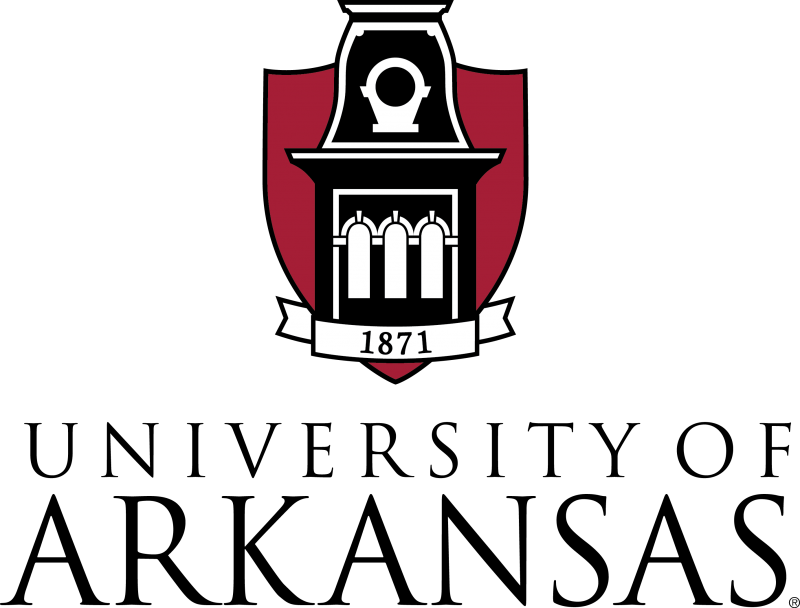For many undergraduate students, the end of classes in the spring isn’t the end of learning opportunities. By participating in research projects, undergraduates can gain valuable experience, get insight into their future plans and even earn money. In the electrical engineering department, programs like the National Science Foundation’s Research Experience for Undergraduates and the George Washington Carver program are providing these opportunities.
In Alan Mantooth’s lab, several undergraduate students are teaming up to help design and test integrated circuits. These circuits are made with silicon carbide, a new material that can withstand higher temperatures than conventional silicon.
Dustin Hill, an Honors College student who will be a senior in the fall, explained that taking part in research was challenging, but rewarding. “I’m learning quite a bit and it’s very interesting, if brain wracking at times. I compare it to being thrown into an ocean and you have to try to find your way back to shore.”

“I get to know other people that are working on what I want to do in the future. And I would like to go to graduate school— that’s what I enjoy the most, getting to know what I’m going to do later.”
– Aminta Castillo , electrical engineering undergraduate
Aminta Castillo is a student from Panama. This is her third summer to participate in undergraduate research. “You can tell I really like it, I keep coming back,” she said. “I get to know other people that are working on what I want to do in the future. And I would like to go to graduate school— that’s what I enjoy the most, getting to know what I’m going to do later.”
The undergraduates receive guidance from doctoral student Matt Farlow. Farlow explained that being a mentor to the REU students has been a learning experience for him, too. “It’s really a unique experience to help mentor people. Learning the electronics, being able to describe what you’ve learned over the years, how to help people through all the landmines you’ve walked over in the past.”
In another lab, Joe Moquin is spending his summer writing code for the Smart Green Power Node. He is designing an app and website that collect data and allow the user to interact with the system. Moquin explained that learning through research is very different from learning in the classroom. “Typically in the classroom, the teacher has done this sort of thing, and has an idea of how it’s supposed to go,” he said. “Here we have a problem, and we need a solution for it. I have to both figure out the solution and figure out the tools that I need to use in order to make that solution work. That’s been very interesting, because I think that I’ve learned quite a bit.”
Jaylan Dawson, a student from Fort Valley State University, spent the summer at the University of Arkansas as part of the George Washington Carver program. In this program, students from historically black colleges and universities, Hispanic-serving institutions and tribal colleges spend the summer working with faculty mentors on research projects. Many George Washington Carver participants who come to the U of A return for graduate school.

Jaylan Dawson presents his research on wireless electric power.
For his project, Dawson created a wireless electric power transmitter that can be used as a demonstration unit. One side, which is named Transmitting Electromagnetic Signals with Antennas, or TESA, sends a signal and the other side, called Receiving Electromagnetic Signals with Antennas, or RESA, receives them. Dawson, who is majoring in math at Fort Valley, explained that building the unit was a crash course in engineering, and he’s considering continuing with engineering in graduate school, based on his summer experience.

